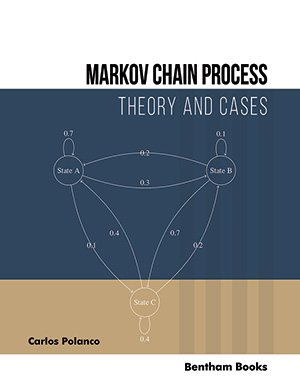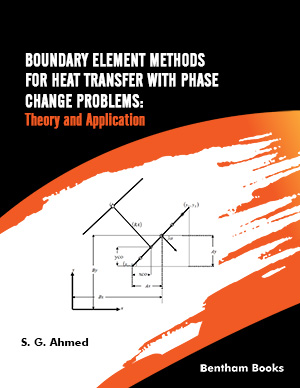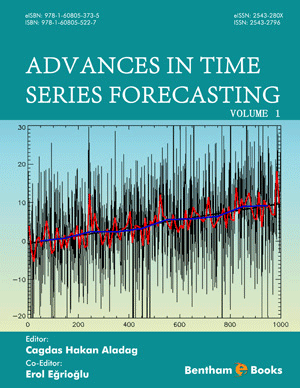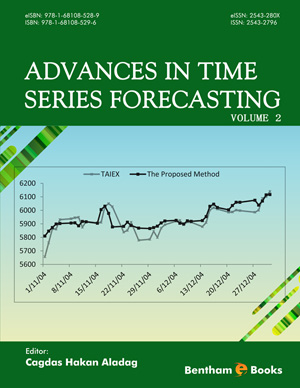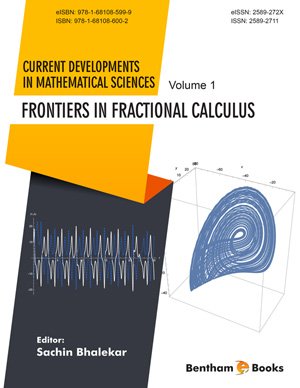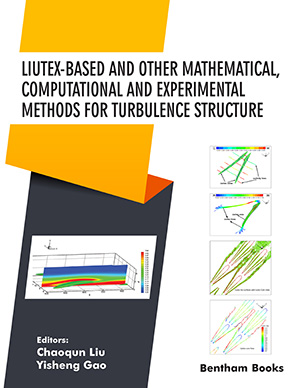Abstract
This chapter first introduces a Discrete-Time Markov Chain Process
aimed to predict the spread of a disease in a region, based on the census of the subjects: S, susceptible; Ia, Active infected; In, Inactive infected; Na Subject dead by
natural causes; Nm Subject killed by the disease. Later, is introduced a Continuous-Time Markov Chain Process to predict the spread of a disease based on different
census of the subjects: S, number of susceptible individuals; I, number of infected
individuals; and R number of recovery individuals. Both methods are known to be
effective in issuing early warnings for serious respiratory infections. Both cases are
exemplified and discussed.
Keywords: Conditional Probabilities, Continuous-Time Markov Chain Process, Discrete-Time Markov Chain Process, Epidemic Disease, Hierarchical Markov Chain Process, Homogeneous Markov Chain Process, Initial State Vector, Markov Chain Process, Steady-State Vector, Transition Matrix


